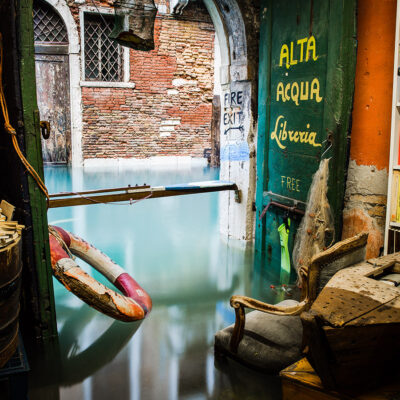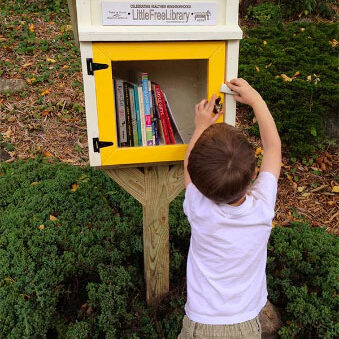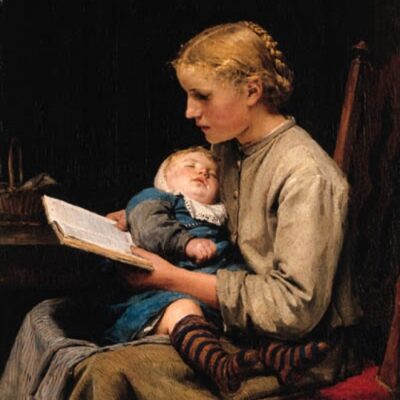One Two Three by Laurie Frankel
Days after finishing One Two Three, I am still holding it close to my heart! Everything works in this novel – every character, every word, every lie, every truth. This is a story that keeps on giving long after you have put the book down. I can’t decide which to do first – read all of Laurie Frankel’s other novels or write my review.
I’ll start with my review!
Sisters and triplets Mabe, Monday, and Mirabel are our narrators and, along with their mother Nora, are the soul of this amazing story. Their voices are heard in alternating chapters: Mabe’s chapters are identified as One, Monday’s are Two, and Mirabel’s Three. They are teenagers, each with their own unique personality which the author develops through superbly written dialogue. For instance, when Bourne, the town in which they live, closed its library, Monday brought all the unsold books to her house and became the town’s self-appointed and unpaid librarian. In this quote, she is trying to have a university library send her a dissertation through interlibrary loan.
“Good evening,” I say politely. “I am calling to ask one librarian to another if you will send me a copy of Nathan Templeton’s dissertation via interlibrary loan.”
“I’m sorry,” says the other librarian, but she does not sound sorry. She sounds confused. “Who is this?”
“This is Monday Mitchell,” I say. “A librarian.”
“You sound very young, Monday.”
“I am sixteen.”
“I see,” the other librarian says. “And what’s the name of your library?”
“My library does not have a name.”
“Why doesn’t your library have a name?”
“It is in my house.”
“Ah,” says the librarian. “I think I see your problem. A library is not a house.”
“That is not my problem.” I correct. [pp. 311-312]
We learn through her daughters that Nora has been waging a battle for sixteen years against Belsum Chemical, a company whose plant contaminated the town of Bourne’s water supply and caused fatal and life-altering harm to the town’s population. As Nora states in this quote:
“They poisoned us, Omar. And when they realized it – or realized we knew it – instead of stopping, they denied it so they could keep poisoning us because poisoning us was making them money. And when finally, finally they couldn’t deny it anymore, they just left. Didn’t try to help. Didn’t try to fix it. Just left us ruined. In ruins. In the face of that, is it crazy to chase after them for sixteen years, or is it crazy to just move on? Is it crazier to demand some kind of restitution, even though restitution is impossible, or to pretend all is well and everything’s fine when nothing is or will be ever again?” [p. 157]
One Two Three is a story of greed and power and their destructive force and those who suffer in their wake. But it is not a David and Goliath story. As Mirabel so wisely tells us,
The metaphor is always David and Goliath….
One well-placed rock, quick as a tick, and it’s over.
I hate this metaphor. It’s offered all the time, but it’s as apt as balloons at a funeral, suggesting, as it does, that if only you were more nimble or more right or more good, you would prevail. Suggesting, as it does, that you are destroyed not by other people’s shortsightedness, other people’s greed, or other people’s deciding you’re disposable, but by being yourself too slow, morally compromised, wicked, and weak….
In fact, I think it is a metaphor perpetuated by the Goliaths themselves.
Because really Goliath is not the size of a giant. Goliath is the size of the sky. Goliath is the size of a mountain from the base of it, so it takes up everything, everywhere you look, all the room, all the air, all the past and the future as well, until there is nothing anywhere but him, and you have no choice, can’t remember ever having had a choice, and this is just the way it is, unfortunate but inevitable, inarguable, like how someday we’ll all die, Goliath taking, and taking up, everything, including you, including yours, including even the whisper of a suggestion that he might not be right or fair (for a mountain is not right or fair, it just is), including even the whisper of a suggestion that this might not be good for us, for any of us (for a mountain does not care what’s good for us), including even the whisper of a suggestion that there might be a different future than this (for a mountain in the future is still a mountain long after you’re gone, long after your descendants have forgotten why they tell this story, long after whatever comes after humans has forgotten our name). [p. 377]
Is happiness an option for Bourne?
Is fair still on the table?
Enjoy finding out in this treasure of a book!
Thank you to Laurie Frankel, Henry Holt and Company and Goodreads for gifting me with this novel.

















Terrific review! Can’t wait to read it!
It’s a winner!